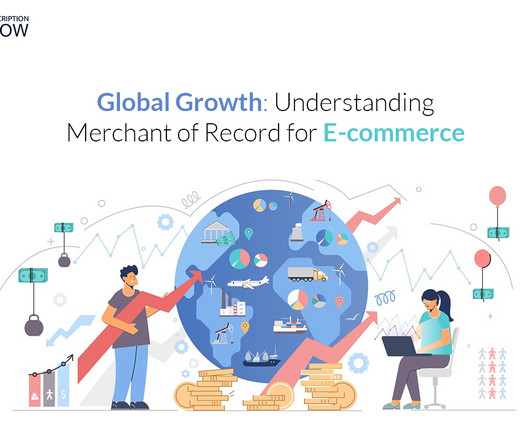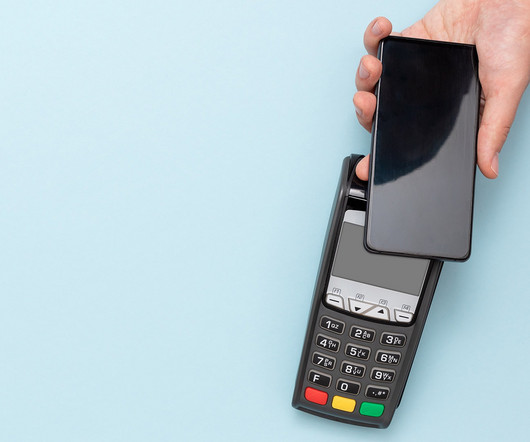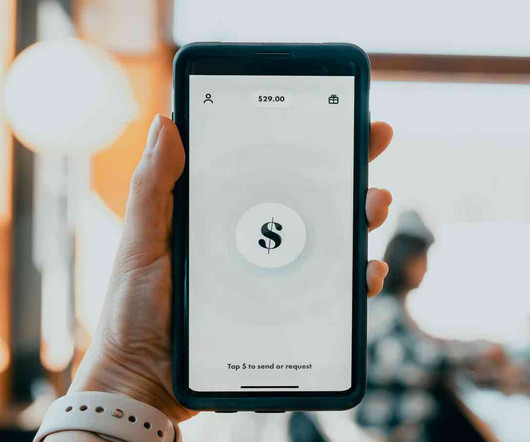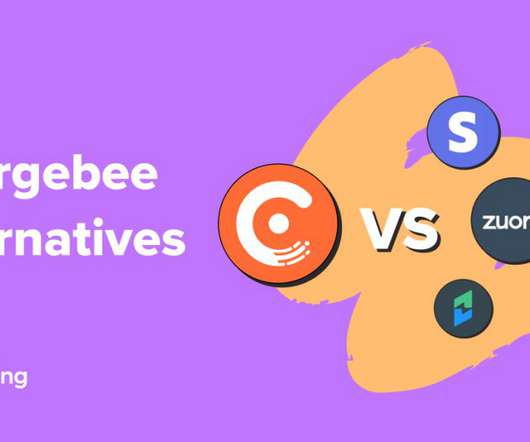Top ISV Companies that Integrate Payments [2024 List]
Stax
APRIL 17, 2024
When it comes to payments,partnering with an ISV like Stax Connect is a great way for companies to go to market with their own payment platform. “We found what we were looking for with Stax,” says Elena Battles, Director of Customer Experience.”





















Let's personalize your content